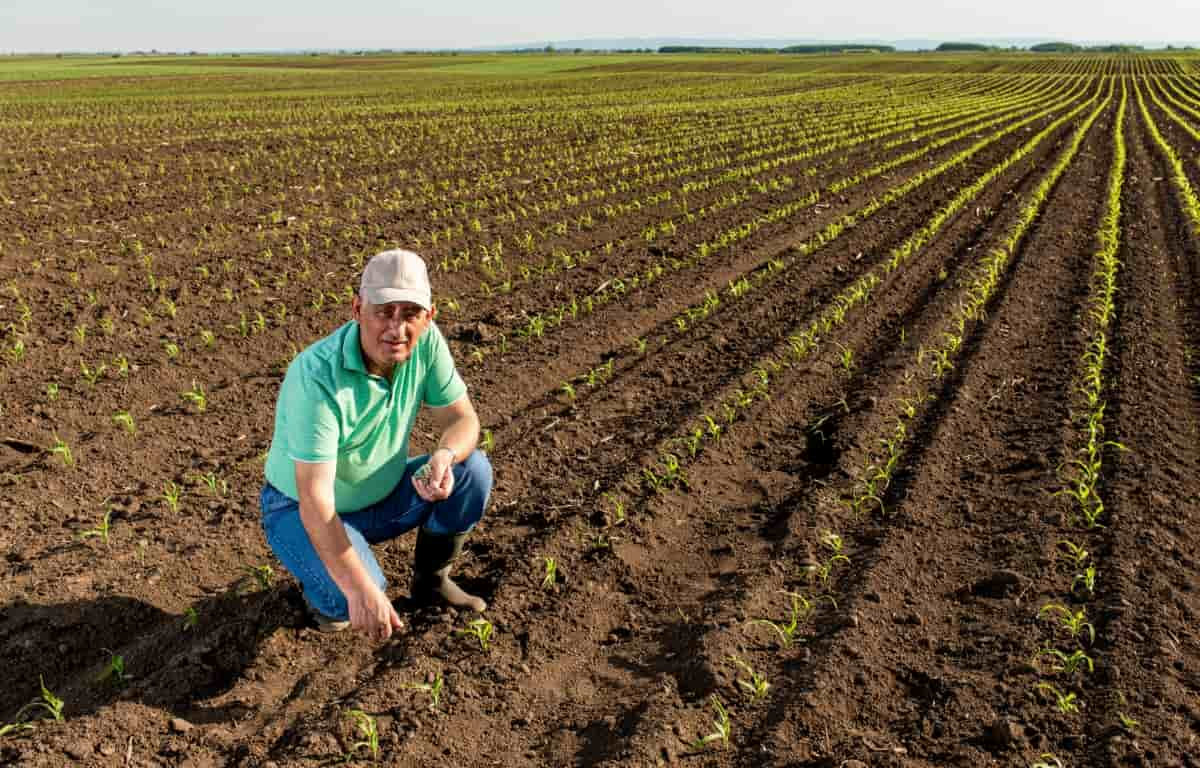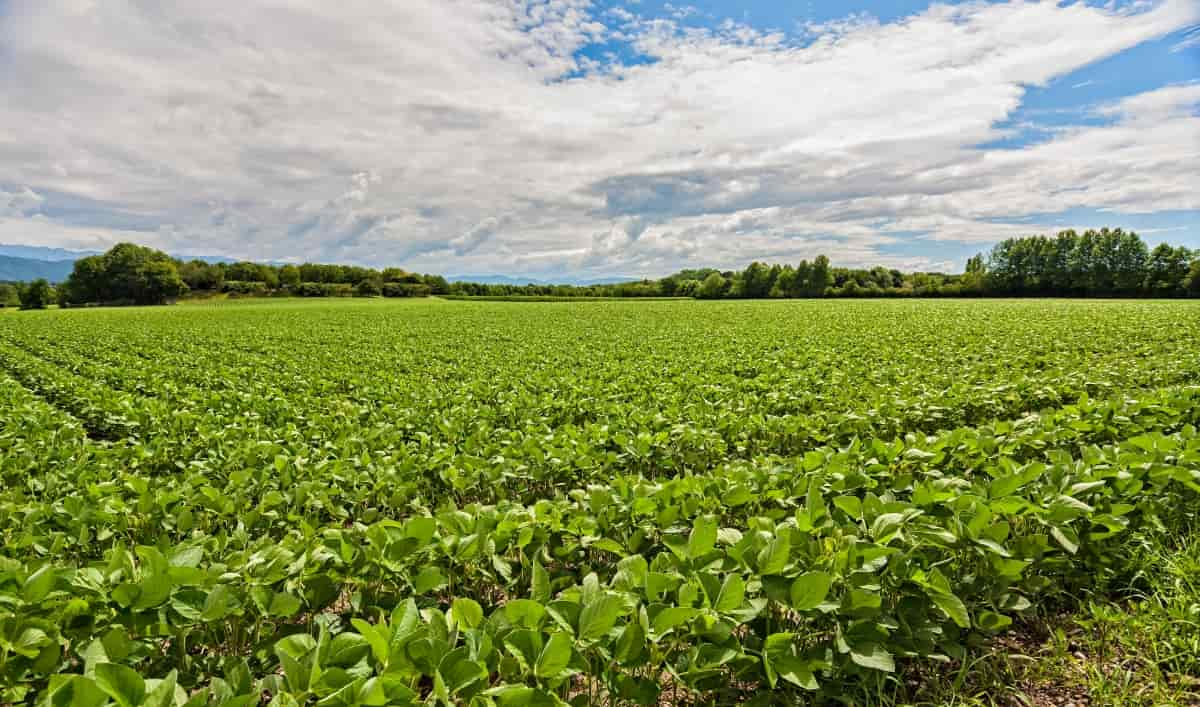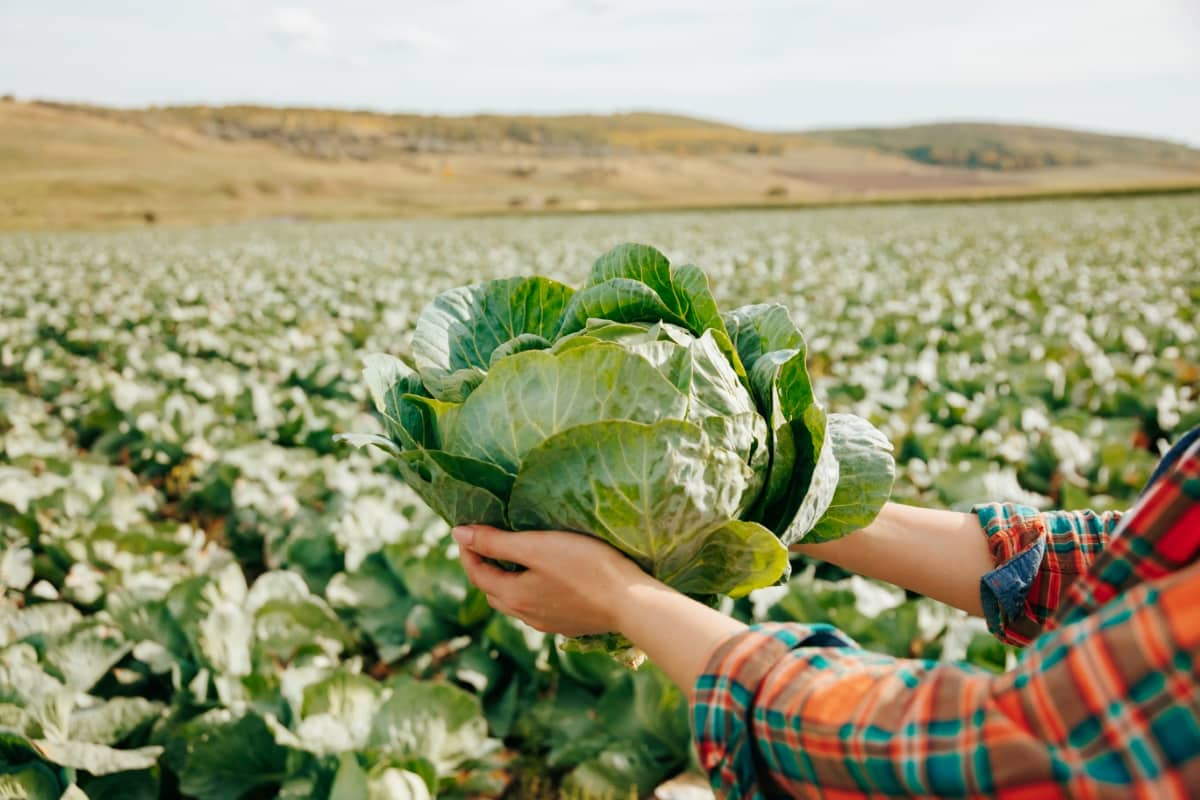The organic farming sector in Mexico is a burgeoning industry, attracting both local and international attention. In the last few years, Mexico has made a lot of progress in organic farming. More and more farms are switching from traditional farming methods to organic ones. Below we learn various aspects of starting an organic farming business in Mexico, including the certifications required, popular states for organic farming, and a detailed profit and investment analysis.

Organic Farming Business Plan in Mexico
Market Research and Product Selection
Market research is essential before launching an organic farming business in Mexico. This research will help you identify niche markets, determine the most profitable crops to grow, and understand the competitive landscape. Based on your findings, you can then choose the specific crops you want to focus on and develop a production plan accordingly.
Introduction to Organic Farming in Mexico
It involves cultivating crops without synthetic pesticides, artificial fertilizers, genetically modified organisms (GMOs), and growth hormones. Organic farming in Mexico has been growing steadily, with the country now ranked as one of the top producers of organic products worldwide. This rise is mostly due to the growing desire for organic goods at home and around the world, especially in the United States.
Certifications Required
For a farming business to be recognized as organic in Mexico, it must acquire certification from an approved body. The most recognized certification in the country is provided by the National Service of Health, Safety, and Agri-Food Quality (SENASICA). SENASICA is a government agency that regulates and promotes the organic agriculture sector in Mexico.
Certification involves a rigorous process where the farm is evaluated against the Mexican Organic Products Law (LPO), which outlines the specific standards and practices for organic farming. To prove one succesfully switched from conventional to organic farming practises, the farm may need up to three years. It’s important to remember that licencing is not a one-time thing. Instead, it needs to be constantly checked and renewed every year to make sure it meets the LPO standards.
Popular States for Organic Farming
Organic farming in Mexico is widespread, with some states standing out due to their favorable climatic conditions and agricultural infrastructure. Notably, Chiapas, Oaxaca, and Michoacán are among the states with the highest production of organic products. Chiapas is particularly known for its organic coffee, while Oaxaca and Michoacán are famous for their organic fruits and vegetables. The Pacific coast states of Sinaloa and Nayarit are also becoming significant players in organic farming, especially in the production of organic grains and vegetables.
Investment Analysis
Starting an organic farming business in Mexico requires a significant upfront investment. Expenses associated with converting to organic agricultural methods and obtaining the necessary certifications are included in this total. Generally, the initial investment might range from $5,000 to $50,000 USD or more.
In case you missed it: From Seed to Sale: The Comprehensive Guide to Creating an Organic Farming Business Plan in Denmark

For instance, an investment of around $10,000 USD may be required to establish a small-scale organic vegetable farm. This would cover the cost of land preparation, seeds, organic fertilizers, and labor. On the other hand, starting a large-scale organic grain farm could require an investment of $50,000 USD or more due to the larger land area and the higher cost of machinery and inputs.
Profit Analysis
While the initial investment in organic farming can be significant, the potential returns are equally substantial. Organic products command a premium price in the market, which can offset the higher cost of production. In addition, Mexico’s strategic location next to the United States, the largest consumer of organic products, offers enormous market potential.
For instance, a small-scale organic vegetable farm can generate a revenue of around $20,000 to $30,000 USD per year, assuming an average yield of 5-7 tons per acre and an average selling price of $3-5 USD per kilogram. After accounting for operating costs such as labor, inputs, and certification fees, the net profit can range from $10,000 to $15,000 USD per year, yielding a return on investment of approximately 100-150% within the first year of operation.
In contrast, a large-scale organic grain farm can yield much higher revenues, potentially in the range of $100,000 to $150,000 USD per year. However, this assumes a higher average yield of 1-1.5 tons per acre and an average selling price of $300-500 USD per ton. After running costs are taken out, the net profit could be between $50,000 and $75,000 per year, giving an initial return of about 100% to 150% in the first two to three years.
Market Opportunities and Challenges
The organic farming sector in Mexico offers numerous market opportunities. The increasing demand for organic products domestically and internationally, particularly from the United States, provides a ready market for organic farmers. Moreover, the Mexican government has been supportive of the organic farming sector, providing various incentives and support programs to encourage the adoption of organic farming practices.
In case you missed it: From Seed to Sale: The Comprehensive Guide to Creating an Organic Farming Business Plan in Argentina

However, organic farming also comes with its share of challenges. There are additional challenges in maintaining healthy soil and eradicating pests and illnesses without resorting to artificial pesticides. Additionally, maintaining organic certification requires continuous monitoring and compliance with strict standards, which can be demanding.
Conclusion
In conclusion, starting an organic farming business in Mexico can be profitable, given the increasing demand for organic products and the supportive regulatory environment. However, it requires significant upfront investment and a commitment to sustainable farming practices.
Therefore, before venturing into organic farming, it is advisable to conduct a thorough feasibility study and develop a comprehensive business plan to guide your operations. Such a plan should take into account the specific characteristics of the chosen location, the type of crops to be grown, the potential market, and the available resources. With careful planning and management, organic farming can offer a sustainable and profitable business opportunity in Mexico.
- Feed Your Flock for Less: Top 10 Tips to Save on Chicken Feed
- Ultimate Guide to Ossabaw Island Hog: Breeding, Raising, Diet, and Care
- Hatching Answers: The Top 10 Reasons Your Chickens Aren’t Laying Eggs
- Eggs and Economics: Breaking Down the Cost of Raising Backyard Chickens
- Defend Your Greens: Proven Methods to Keep Iguanas Out of Your Garden
- Ultimate Guide to Cinnamon Queen Chicken: A Comprehensive Guide for Beginners
- Ultimate Guide to California Tan Chicken: Breeding, Raising, Diet, Egg-Production and Care
- Ultimate Guide to Marsh Daisy Chicken: Breeding, Raising, Diet, and Care
- 10 Types of Chicken Farming Businesses You Can Start for Profits